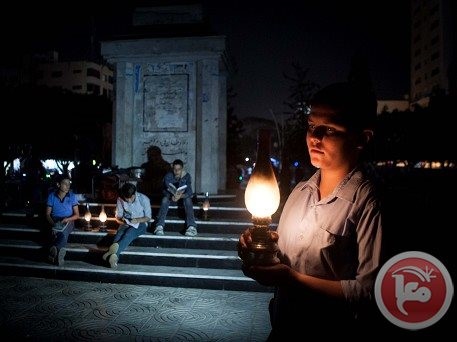Fuel shortages have caused daily life in the Gaza Strip to grind slowly to a halt, as power plants and water pumps are forced to shut down, cutting off access to basic necessities for 1.7 million residents. The lack of diesel fuel is a result of the tightening of a 7-year-long blockade imposed on the territory by Israel with Egyptian support.
Until July of this year, tunnels connecting Gaza to Egypt provided a vital lifeline for the territory amidst the otherwise crippling Israeli blockade. The blockade has been in place since 2006, and it has limited imports and exports and led to a major economic decline and wide-reaching humanitarian crisis. In the last year, however, the situation had greatly improved, as the tunnels to Egypt witnessed a brisk trade following the Egyptian Revolution.
Egyptian Maj. Gen. Ahmad Ibrahim said in October that nearly 800 tunnels had been destroyed since the beginning of the year at that time, while Rafah officials estimated in September that these operations had demolished 95% of previously existing tunnels. Gaza Strip energy officials blame Egypt for destroying these tunnels while maintaining the larger economic blockade, along with Israel. They also blamed the Fatah-led Palestinian Authority for charging taxes on fuel too high for Gaza Strip authorities to afford to import. According to “Gisha” – Israeli Legal Center for the Freedom of Movement, Gaza’s power plant ceased operating on November 1, and power outages still last up to 16 hours per day. So far, there have been no reports of an agreement between the government in the Gaza Strip and the Palestinian Authority on the supply of industrial diesel for the plant. Gaza currently gets all of its electricity from Israel and Egypt – the electricity deficit remains at about 60%.



